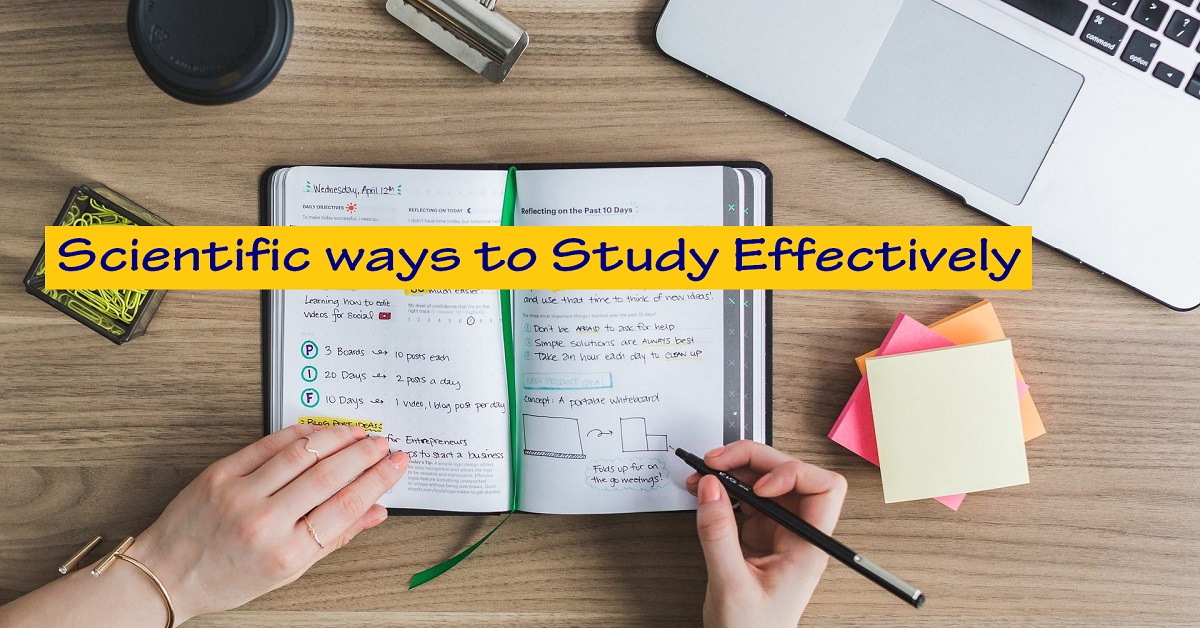
Common Study Mistakes to Avoid: Tips for Effective Studying
Studying is an integral part of academic success, but it can be challenging to do effectively. Many students struggle with studying and make common mistakes that can hinder their performance and lead to frustration. In this article, we'll explore some of these common study mistakes to avoid and provide tips for effective studying that can help students achieve better results and reduce stress.
Common Study Mistakes
- Procrastination: Many students put off studying until the last minute, leading to cramming sessions and poor retention of information. To avoid this, create a study schedule and stick to it, breaking up study sessions into manageable chunks.
- Distractions: Studying in a noisy environment or with distractions such as social media and phone notifications can negatively impact focus and retention. To combat distractions, create a designated study space that is quiet and free from distractions. Turn off your phone or use an app to block distracting notifications during study sessions.
- Lack of Sleep: It's essential to get adequate sleep to retain information and perform well academically. According to a study by the National Sleep Foundation, adults need 7-9 hours of sleep per night. Make sure to prioritize sleep and avoid studying late into the night.
- Poor Note-Taking: Taking inadequate or disorganized notes can make it challenging to review and retain information. Make sure to take clear and concise notes during lectures and review them regularly to reinforce the material.
- Studying in Bed: Studying in bed can be comfortable, but it can also make it difficult to concentrate and lead to drowsiness. Instead, create a designated study space with a desk and chair to promote focus and productivity.
Tips for Effective Studying
- Active Learning: Active learning involves engaging with the material through activities such as note-taking, summarizing, and self-testing. By actively engaging with the material, you're more likely to retain the information and understand it better.
- Time Management: Effective time management involves creating a study schedule and breaking up study sessions into manageable chunks. Use a timer to help you stay on track during study sessions, and take breaks to avoid burnout.
- Study Group: Studying with peers can be an effective way to learn and retain information. By discussing the material with others, you can gain different perspectives and deepen your understanding of the material.
- Visualization: Visualization involves creating mental images of the material to aid in retention and understanding. For example, you can create mind maps or diagrams to help you visualize connections between concepts.
- Practice Testing: Practice testing involves self-testing to reinforce the material and identify areas that need more work. Use flashcards, quizzes, or practice tests to test your knowledge regularly.
Case Study
John, a college student, used to cram for exams the night before and had a difficult time retaining information. After adopting a study schedule and breaking up his studying into smaller, manageable sessions, he was able to improve his grades significantly. He also started studying in a designated study space and turned off his phone during study sessions to avoid distractions.
Conclusion
Effective studying is essential for academic success, but it's not always easy to do. By avoiding common study mistakes and implementing effective study habits, students can achieve better results and reduce stress. Whether you're a student or a professional, these tips can help you improve your learning and productivity skills. As Mark Twain once said, "The man who does not read good books has no advantage over the man who cannot read them." So, start studying effectively today and give yourself a competitive advantage in your academic and professional pursuits.
Study Tips


